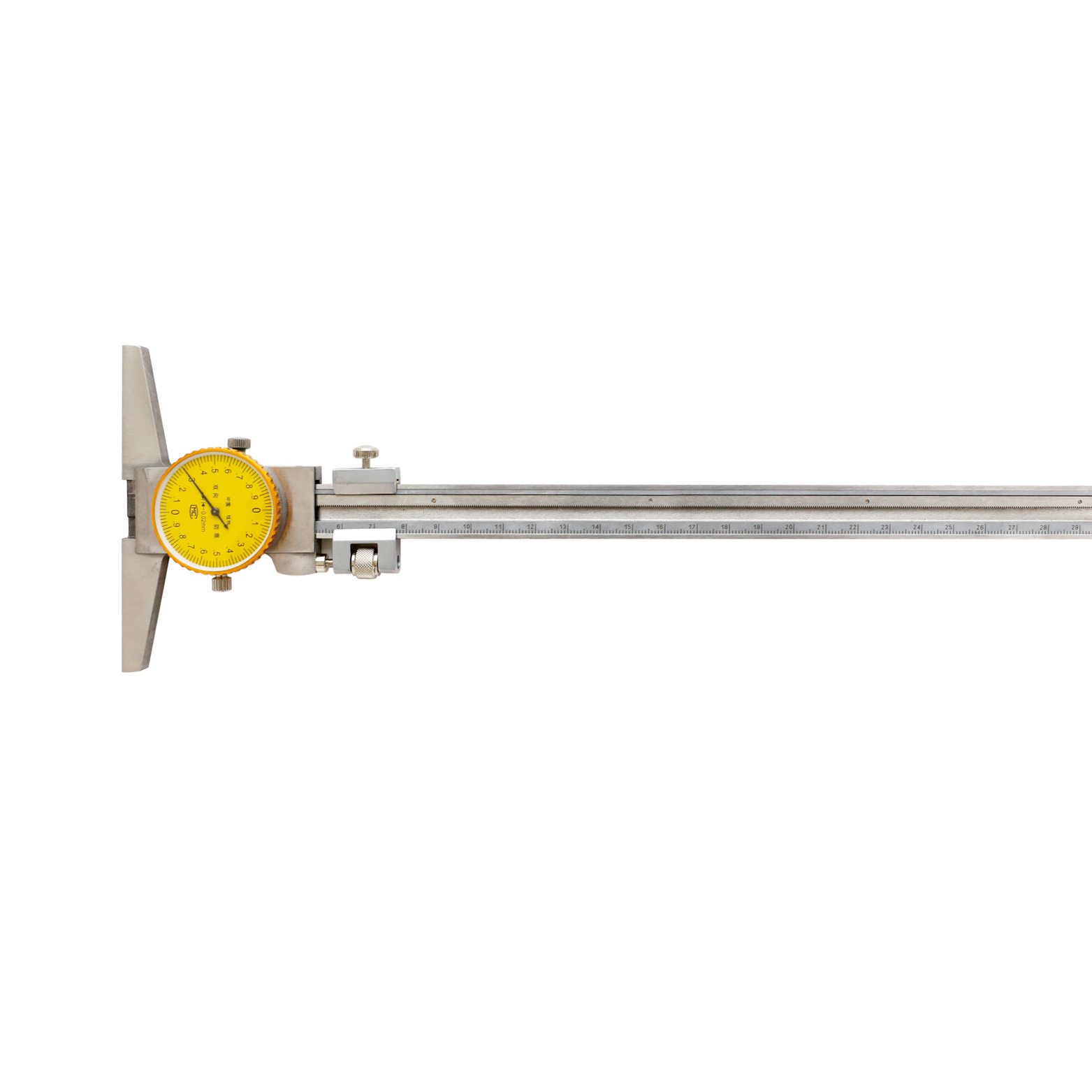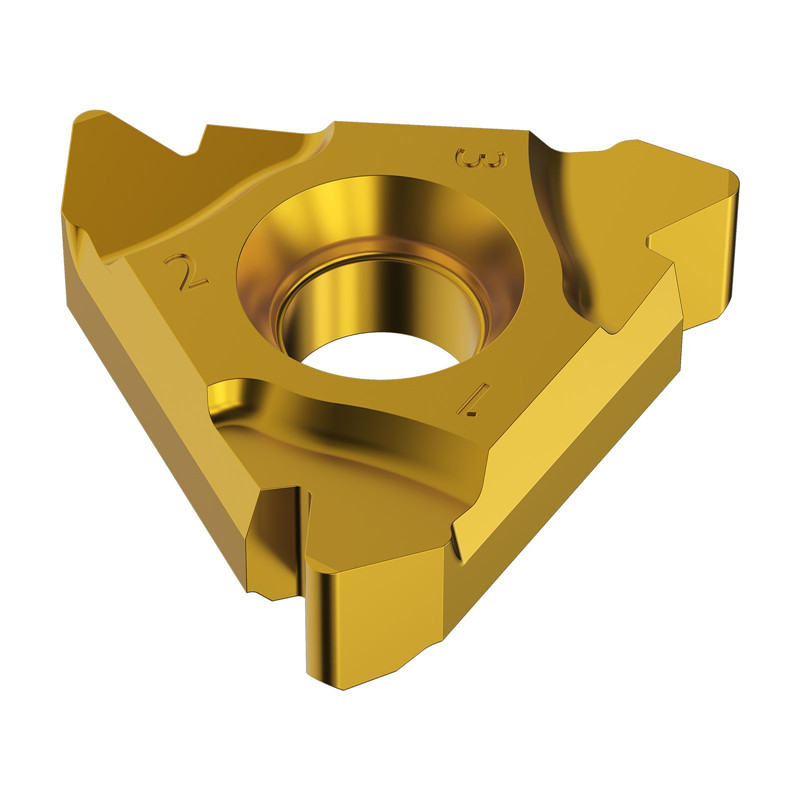Wholesale bore gauge
Looking for reliable wholesale bore gauges? This comprehensive guide covers everything you need to know, from understanding different types and features to selecting the right gauge for your specific application. We'll explore crucial factors like accuracy, range, and material, ensuring you make informed decisions when purchasing bore gauges in bulk.
Understanding Bore Gauges
What is a Bore Gauge?
A bore gauge is a precision measuring instrument used to determine the inside diameter of a hole or cylinder. They are essential tools in manufacturing, automotive repair, and quality control, providing accurate measurements to ensure proper fit and function. Unlike calipers, bore gauges can measure the entire internal diameter, even in deep bores.
Types of Bore Gauges
Several types of bore gauges are available, each suited for different applications and accuracy requirements. Here are some common types:
- Dial Bore Gauges: These gauges use a dial indicator to display the measurement. They are relatively inexpensive and easy to use, making them a popular choice for general applications.
- Digital Bore Gauges: Offering digital readouts, these gauges provide precise measurements and often feature data output capabilities for recording and analysis.
- Small Hole Gauges: Designed for measuring very small bores, typically less than 0.2 inches in diameter. They often use a telescoping gauge or a ball gauge.
- Telescoping Gauges: Also known as transfer gauges, these are used to measure the bore, then the size is read by using an outside micrometer.
Key Features to Consider When Buying Wholesale Bore Gauges
Accuracy and Resolution
The accuracy and resolution of a bore gauge are paramount. Higher accuracy is critical for applications requiring tight tolerances. Consider the gauge's resolution, which determines the smallest increment it can measure. For critical applications, a digital gauge with a resolution of 0.0001 inches or better may be necessary.
Measurement Range
Ensure the bore gauge's measurement range covers the diameters you need to measure. Some gauges have a limited range, while others can be adapted with extension rods for measuring deeper bores. When buying wholesale, consider purchasing gauges with a range of sizes to cover various application needs.
Material and Durability
The materials used in the bore gauge's construction impact its durability and lifespan. Hardened steel or carbide-tipped contact points are essential for resisting wear and maintaining accuracy over time. Look for gauges with robust construction to withstand the rigors of daily use in a workshop environment.
Ease of Use
A bore gauge should be easy to use, especially when dealing with repetitive measurements. A clear and easy-to-read dial or digital display is essential. Consider gauges with features like self-centering mechanisms to ensure accurate alignment within the bore. Also, ensure that calibration is straightforward.
Calibration and Maintenance
Regular calibration is crucial for maintaining the accuracy of a bore gauge. Check if the gauge comes with a calibration certificate or if calibration services are readily available. Proper cleaning and storage are also essential for preventing damage and ensuring longevity. It's important to follow the manufacturer's guidelines for calibration and maintenance to ensure consistent, accurate readings.
Applications of Bore Gauges
Bore gauges are indispensable in various industries and applications:
- Engine Building: Measuring cylinder bore diameters, piston clearance, and valve guide wear.
- Manufacturing: Quality control of machined parts, ensuring accurate hole diameters and alignment.
- Automotive Repair: Checking brake cylinder bore diameters, transmission components, and suspension bushings.
- Aerospace: Inspecting critical dimensions of engine components and hydraulic systems.
Selecting the Right Wholesale Bore Gauge Supplier
Choosing a reliable supplier is crucial when purchasing wholesale bore gauges. Look for suppliers like Wayleading Tools who offer:
- High-Quality Products: Gauges manufactured to meet or exceed industry standards.
- Competitive Pricing: Cost-effective solutions for bulk purchases.
- Wide Selection: A range of bore gauges to suit various applications.
- Excellent Customer Service: Knowledgeable staff who can provide technical support and assistance.
- Reliable Delivery: On-time delivery to minimize downtime.
Tips for Using a Bore Gauge
To ensure accurate measurements, follow these tips when using a bore gauge:
- Clean the Bore: Remove any debris or contaminants from the bore before measuring.
- Calibrate the Gauge: Verify the gauge's calibration before each use.
- Proper Insertion: Insert the gauge carefully and ensure it's properly aligned within the bore.
- Take Multiple Readings: Rotate the gauge and take multiple readings to check for variations in diameter.
- Use a Reference Standard: If available, use a known reference standard to verify the gauge's accuracy.
Example of Bore Gauge Measurement
Let's say you need to measure the bore of an engine cylinder. Here’s how you would use a bore gauge:
- Select a bore gauge with a range that covers the cylinder bore diameter (e.g., 2-6 inches).
- Calibrate the bore gauge using a micrometer or a setting ring to zero it at the desired diameter.
- Insert the bore gauge into the cylinder bore.
- Gently rock the gauge to find the largest diameter.
- Read the measurement on the dial indicator or digital display.
- Repeat the measurement at different points within the cylinder to check for taper or out-of-roundness.
Troubleshooting Common Issues
Sometimes, you might encounter issues while using a bore gauge. Here are a few common problems and how to address them:
- Inconsistent Readings: Ensure the gauge is properly calibrated and the bore is clean. Check for loose components or worn contact points.
- Gauge Not Zeroing: Check the calibration setting and ensure the gauge is properly assembled.
- Difficulty Inserting the Gauge: Ensure the gauge is within the bore's diameter range. Check for any obstructions within the bore.
Bore Gauge Data Comparison
Here's a simple comparison of different types of bore gauges:
| Type | Accuracy | Features | Typical Applications |
|---|---|---|---|
| Dial Bore Gauge | ±0.001 inch | Easy to use, inexpensive | General purpose measurements |
| Digital Bore Gauge | ±0.0001 inch | Digital readout, data output | High-precision measurements, quality control |
| Small Hole Gauge | ±0.0005 inch | For very small bores | Precision instruments, miniature components |
Conclusion
Investing in high-quality wholesale bore gauges is essential for accurate measurements and efficient operations. By understanding the different types, features, and applications, you can choose the right gauges to meet your specific needs. Remember to select a reliable supplier, such as Wayleading Tools, to ensure you receive quality products and excellent service. Regular calibration and proper usage will maximize the lifespan and accuracy of your bore gauges.
Related products
Related products
Best selling products
Best selling products-
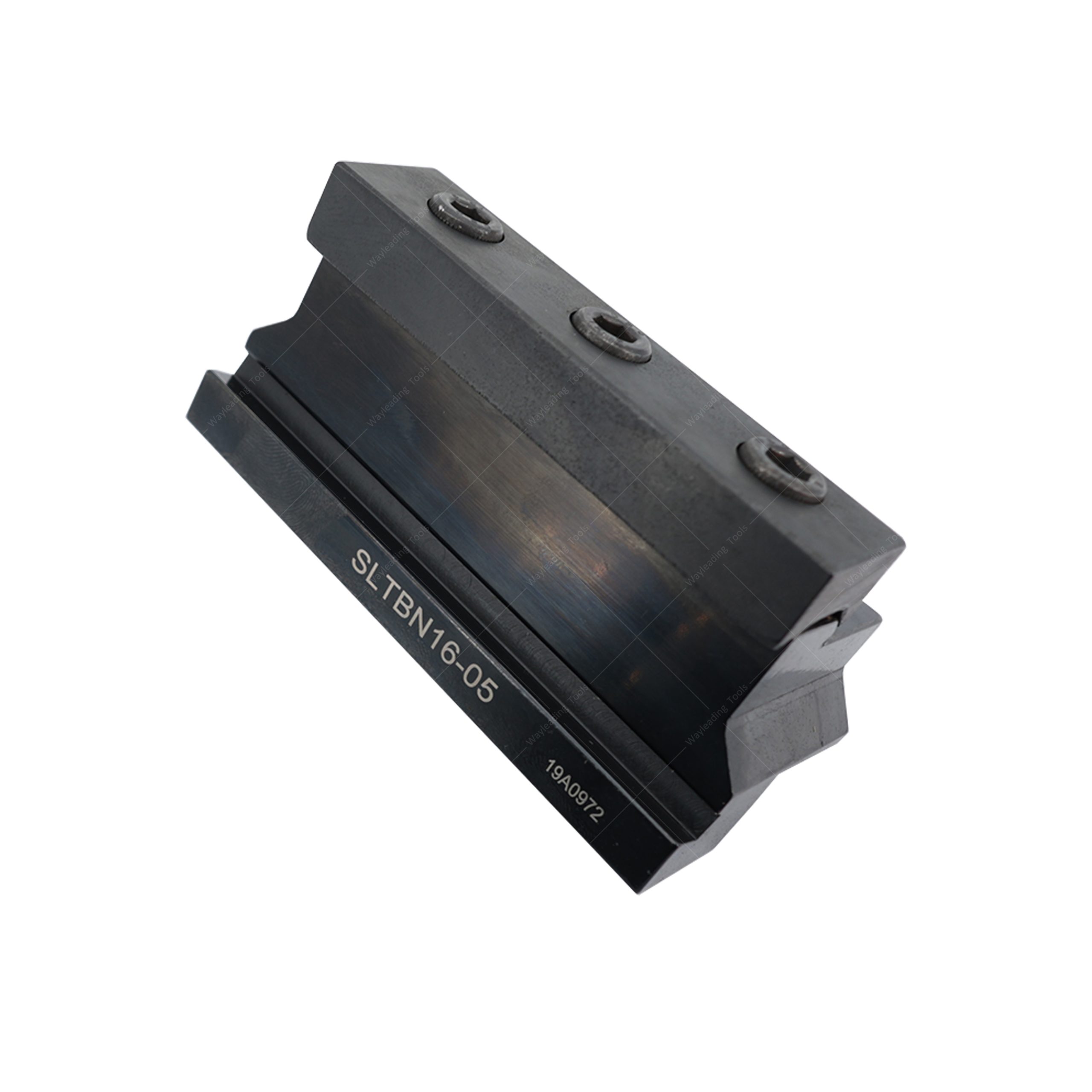 Parting & Grooving Tool Block For NCIH Blades
Parting & Grooving Tool Block For NCIH Blades -
 9PCS Broken Tap Extractor Set With Storage Box
9PCS Broken Tap Extractor Set With Storage Box -
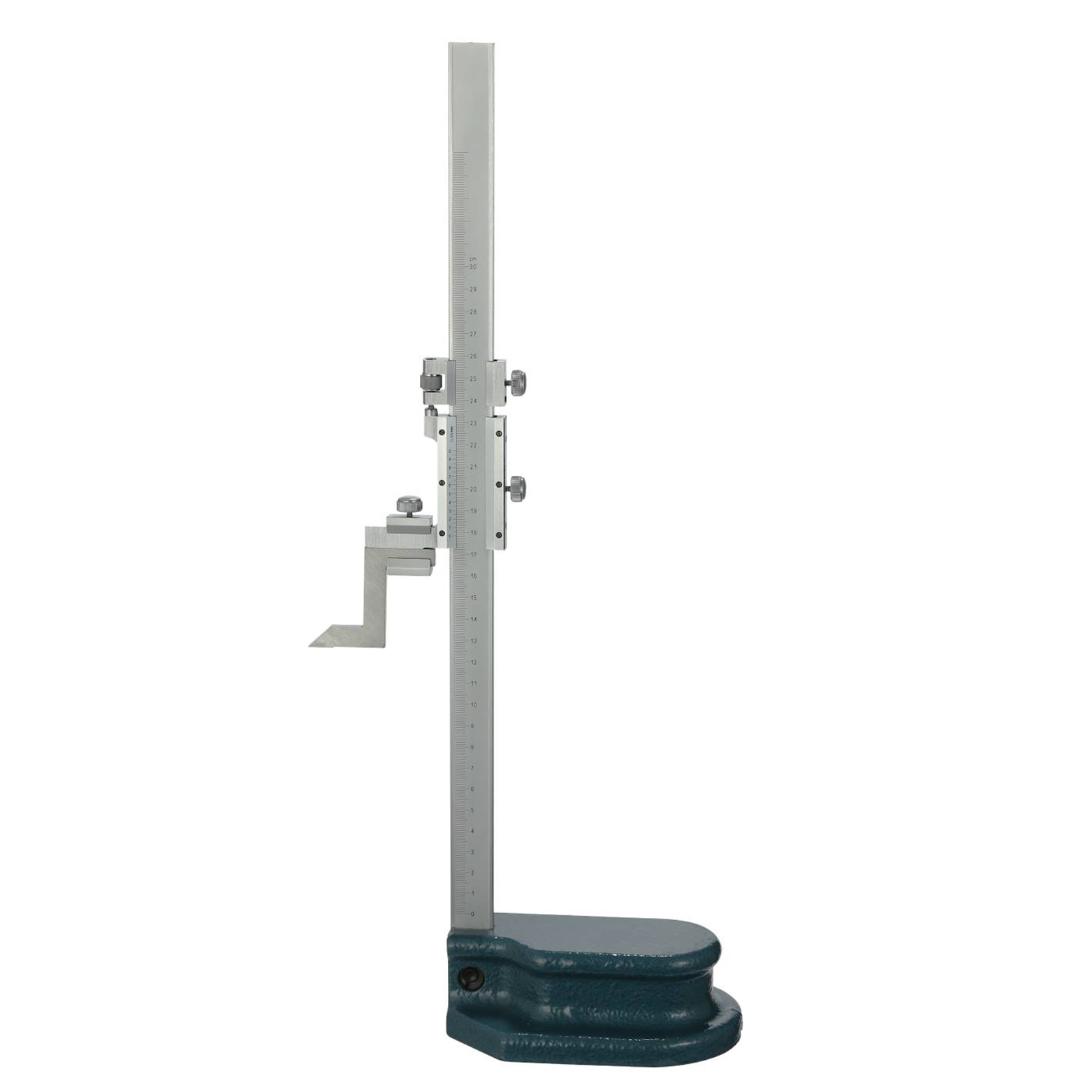 Vernier Height Gauge For Industrial
Vernier Height Gauge For Industrial -
 Precision Dial Indicator Gage For Industrial With Jeweled
Precision Dial Indicator Gage For Industrial With Jeweled -
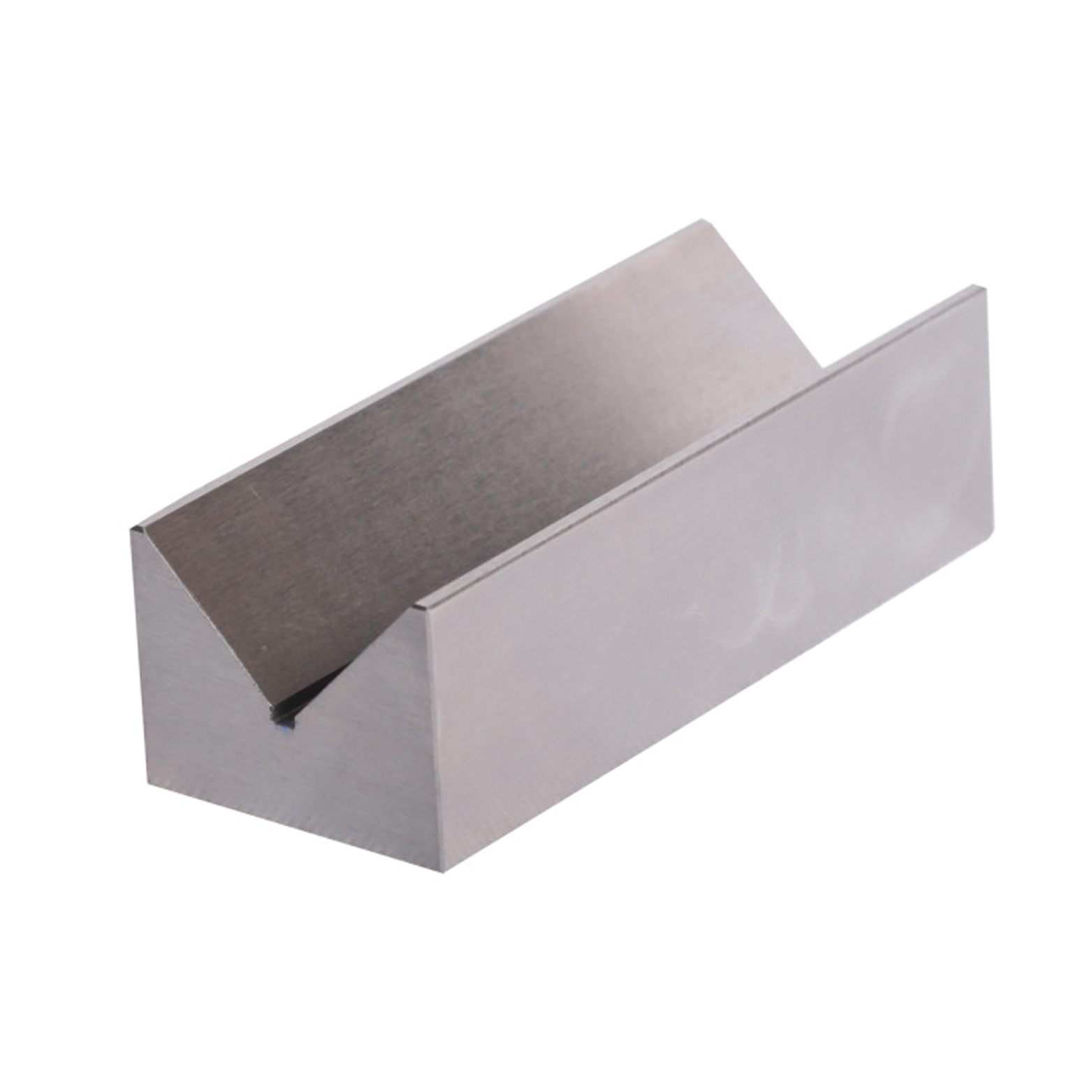 Precision V Block Set With Industrial Type
Precision V Block Set With Industrial Type -
 HSS Keyway Broach With Metric And Inch Size, Push Type
HSS Keyway Broach With Metric And Inch Size, Push Type -
 Vernier Height Gauge With Magnifier With Adjustable Main Bean
Vernier Height Gauge With Magnifier With Adjustable Main Bean -
 Outside Micrometer Set Of Inch & Metric For Industrial
Outside Micrometer Set Of Inch & Metric For Industrial -
 HSS Shell End Mill Cutter With Bright & TiN Or TiAlN Coated
HSS Shell End Mill Cutter With Bright & TiN Or TiAlN Coated -
 Metric HSS Annular Cutters With Weldon Shank For Metal Cutting
Metric HSS Annular Cutters With Weldon Shank For Metal Cutting -
 Dial Bore Guage From 6-450mm Range
Dial Bore Guage From 6-450mm Range -
 Type K-90 Degree Cone Tungsten Carbide Rotary Burr
Type K-90 Degree Cone Tungsten Carbide Rotary Burr




